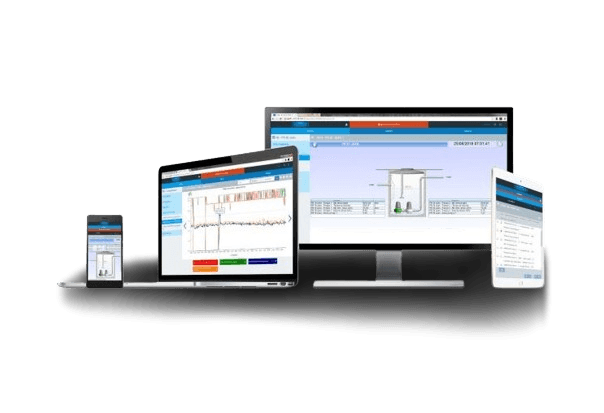Monitoring the network through data loggers represents a sophisticated and comprehensive approach to network resource management. At the core of this system is data centralization, where data loggers collect and store information from a wide range of devices and sensors in the network. This data collection capability allows for detailed analysis and processing of both real-time and archived data, providing a foundation for a clear understanding of the network's condition and performance. Furthermore, the system offers advanced visualization capabilities, including dynamic mapping and graphical analysis, enabling users to easily monitor and visually interpret various aspects of network operations in real-time.
One key aspect of such a system is alarm management, which involves efficient logging and addressing of alarms, enabling a quick response to potential issues and maintaining network stability. Additionally, these systems allow data sharing with third parties, facilitating integration with other systems.
Given their adaptability to various markets, data loggers can be applied in various industrial sectors, further increasing their value and applicability. Remote access and configuration of data loggers are also crucial, allowing users to adjust settings and parameters without the need for physical access to the device. This functionality not only enhances network management efficiency and flexibility but also reduces time and logistical costs.
In summary, network monitoring through data loggers is a key component in modern network operations management, providing in-depth analysis and control over all aspects of network infrastructure.



